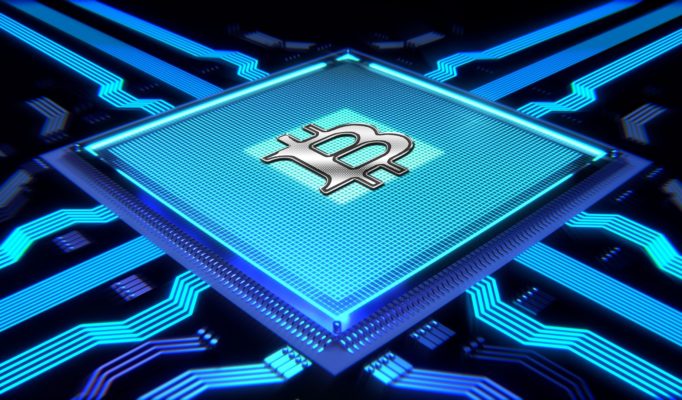African countries are now leading the world in Bitcoin and crypto adoption. The incapability of the current financial system is the major driving force behind African people’s attraction towards cryptocurrency.
Paxful’s Support for USDT
Several industry developments have been noted over recent weeks in the region. Peer-to-peer trading platform Paxful adds support for USDT, which is big news for African crypto markets.
For years, African people are facing difficulties in access to banks in real sense. Crypto experts say that crypto can get a wide range of access and awareness among those who have not accessed to the modern day banking system. Almost 66% of Africans residing in sub-Saharan regions are “unbanked”, claims ItNewsAfrica.com.
Last week, crypto exchange Yellow Card, also known for gift cards, announced the launching of its services in Tanzania. Citizens in Tanzania can sell, buy, and receive Bitcoin via Yellow Card.
According to a report by Reuters, the crypto trading volume of Yellow Card has surged up to five-fold in 2020. Yellow Card said it “handled $25 million in cryptocurrency payments in August alone.”
Paxful’s support for USDT is another achievement for Africans as it would help people to tackle the volatility of fiat as well as Bitcoin. Like China, USDT can also become a popular trend in African countries.
Banks’ Recognition of Blockchain
Banks in the region are also recognizing the potential of blockchain technology. Recently, the Standard Bank of South Africa partnered with the Singapore-based blockchain company to use DLT technology in bank processing.
Google data shows that most of the African countries are at the top where the word “Bitcoin” is trending. These regions include South Africa, Nigeria, and Ghana.
For most of the Africans, “Bitcoin or a stablecoin based on the Ethereum network is a better store of value than their local fiat currency. Cryptocurrencies are also significantly cheaper and faster to send around the world. Inexpensive crypto coins like Nano and XRP also enable micro-payments, a financial service that’s difficult to offer with outdated banking infrastructure.”

















